Gardening is often romanticized. When you think of being in a garden, it’s easy to visualize green leaves, plants loaded down with vegetables, and buzzing bees meandering around blooming flowers. People tend to focus on the pleasant qualities like being outside in the sunshine and, well, fresh food.
It’s true that those are benefits. However, above anything else, gardening is hard work.
It’s tempting to go all in and plan a 4,000 square foot garden your first season. And, for some people, that works. What is often ignored, is how much work you will need to put into a large space. Are you planning for pests? Weeding? Have you calculated how often you will need to go out to harvest to avoid food waste? How will you keep out thieving animals?
Gardening is a nuanced subject. You will never stop learning, and keeping up with a large garden if often best left with a practiced gardener.
What is burnout?
Burnout is a form of exhaustion that is often caused by emotional, physical, or psychological stress. It frequently occurs after periods of high pressure where one may perceive that their accomplishments are limited and motivation, in turn, is low. It is most regularly associated with jobs where employees are habitually overworked.
Burnout is not the same as stress. A person can manage stress and may often think that they can get it under control if they try. A person experiencing burnout will feel as though trying to catch up is hopeless.
It is important to realize that burnout can happen anywhere and in any capacity. While it doesn’t happen overnight, it often takes people by surprise.
Symptoms of burnout
There are several signs to look for to identify burnout. A person who is experiencing burnout may:
- Feel tired most of the time, even when getting adequate sleep
- Experience feelings of futility and defeat
- Have decreased satisfaction with their life
- Experience pain, such as muscle soreness and headaches that are not brought on by hard work or exercise
- Begin to have a negative outlook when regarding their future
- Isolate from others
- Abandon responsibilities that are perceived as important
- Utilize unhealthy coping mechanisms, such as alcohol or abuse prescription medication
- Have a lowered immune system due to chronic stress
Gardening, while enjoyable, is a job and it is entirely possible to experience gardening burnout. Like most things, there will be unpleasant tasks that need to be dealt with before you can reap the benefits. A garden is a system that needs to be managed and can easily become overwhelming.
What can I do to avoid burnout?
Now that you know what burnout is, you can probably identify a time in your life when you have experienced it. Maybe it was at a job or maybe you threw yourself into a hobby that quickly encompassed your free time and finances.
The good news is that burnout is preventable. Outlined below are several different strategies you can implement to prevent gardening burnout.
Starting Small
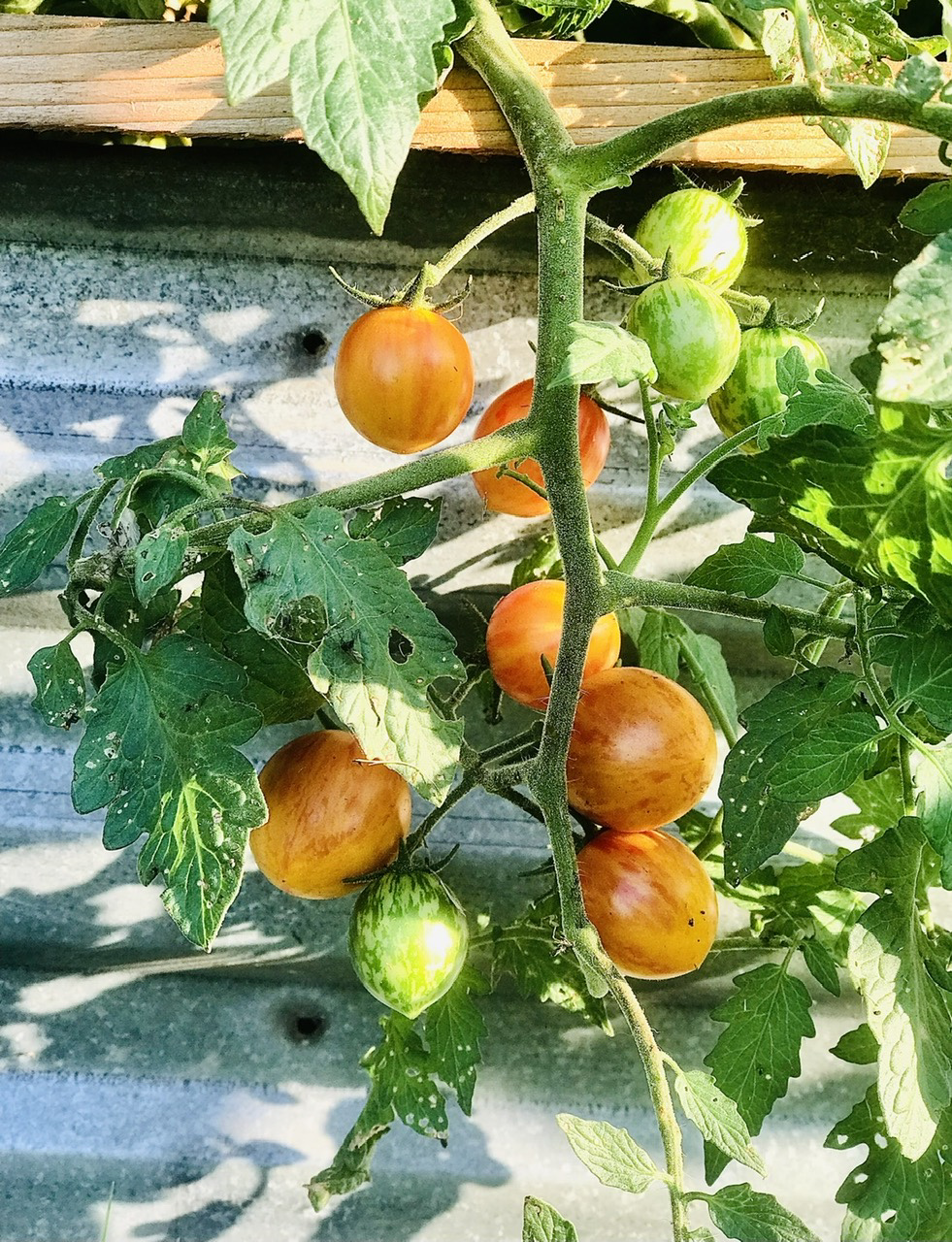
Many people get excited when they think of starting a garden. It is completely understandable! Who hasn’t gotten caught up in thinking of all the different plants you can grow?
For some reason, people also have this idea that it will be free food. Have you ever heard, “nothing in life is free?”
Gardening isn’t either.
You have to consider it an investment. And, like most investments, it’s important to start small and expand from there. Even if you are growing the cheapest way possible, directly sowing in the ground, and someone gave you all your seeds, I guarantee you that, at some point, you are still going to have to buy something for that space.
Your first year, it is best to keep it small. Don’t worry about fancy tools, exotic plants, or elaborate grow systems. Buy a few beds, throw some soil in, and see how you like it before you convert your entire backyard.
Research
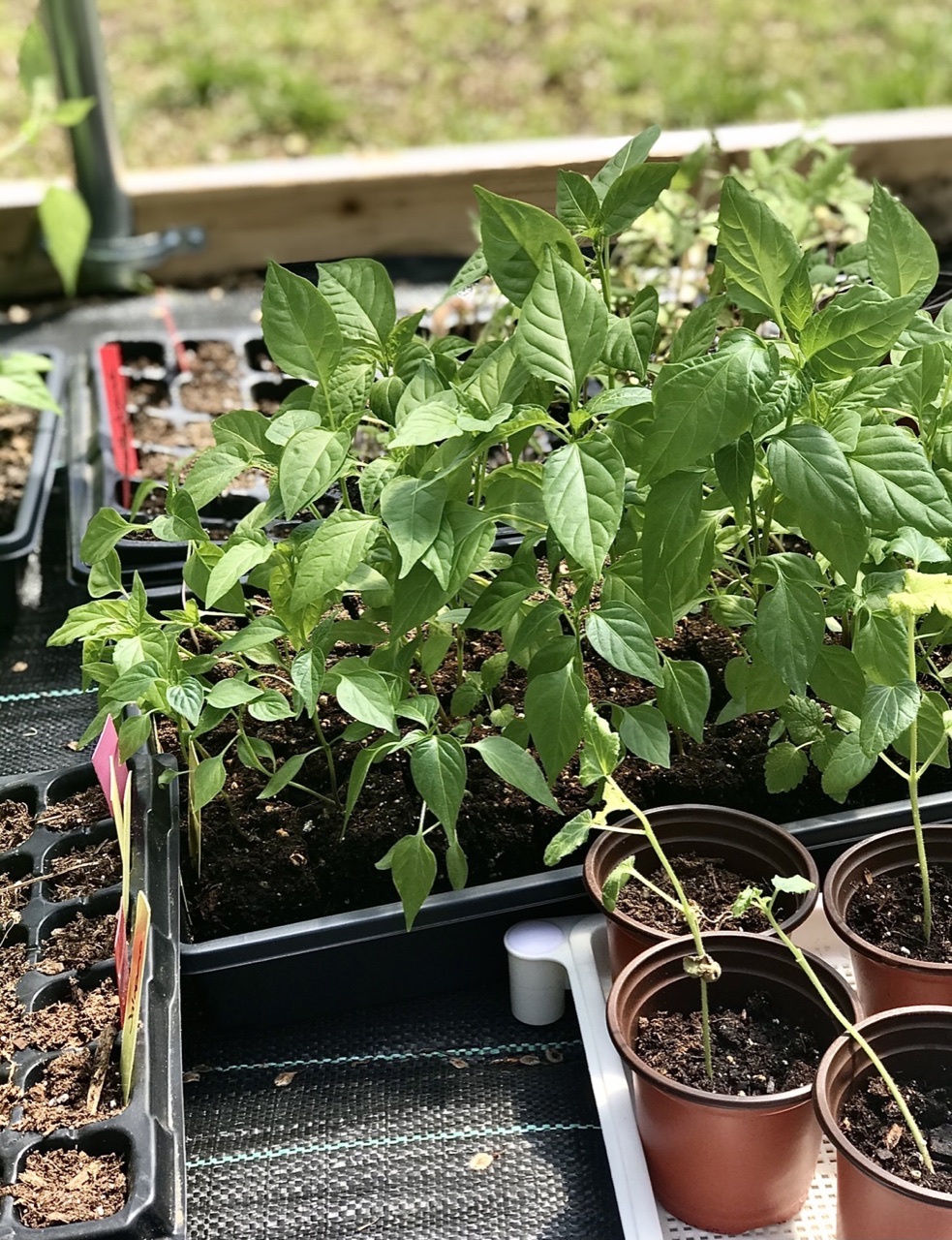
The fact that they have entire programs dedicated to horticulture should tell you that there is plenty to learn when it comes to growing food. You don’t need to understand everything there is to know. Anyone can start a garden by merely planting some seeds.
Planting seeds, however, does not mean you will have a successful garden. For example, say I don’t do any research and I plant some tomato seeds in October. I don’t consider what zone I’m in and I decide to direct sow in my native, clay soil. Do you think I’m going to be harvesting tomatoes any time soon?
Some easy subjects to begin with is finding out what zone you are in, look at what you are wanting to plant, and do some research on the type of soil/amendments you will need to make sure that they will thrive. Different plants have different needs, and it’s important to grasp those sooner rather than later.
You also need to consider the season. Since I’m in 6B, I can grow tomatoes in the fall, but they really needed to be started in July. They also do best in fluffy, light soil with adequate magnesium, nitrogen, and calcium.
Making short term goals
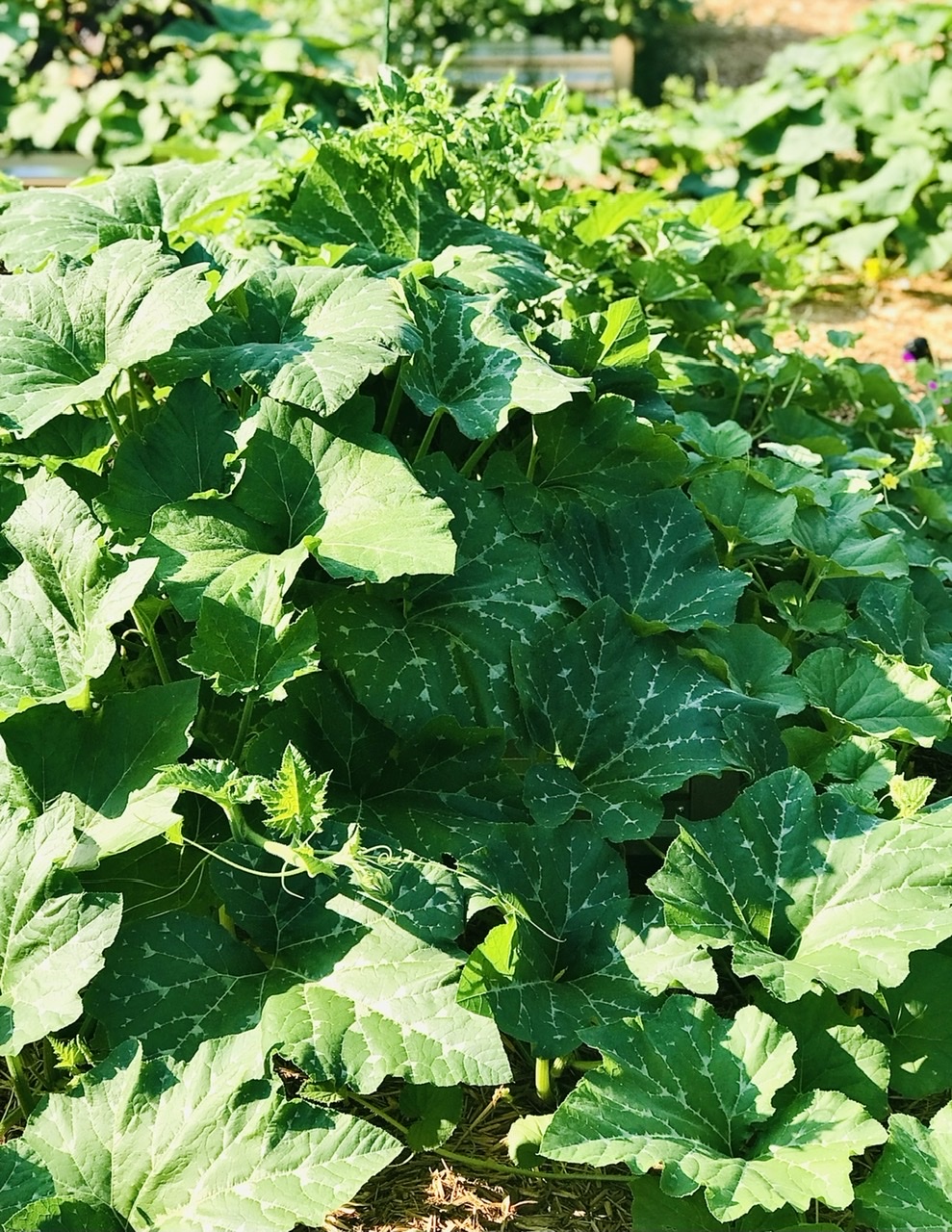
It is pretty easy to get overwhelmed by considering where you want to be and not where you are. Say I want to grow all of my own food. If I shoot for doing that the first year I have a garden, I’m going to get so overwhelmed that I’m more than likely just going to give up. Growing that much food takes a lot of time and a lot of space.
Instead, I can aim for taking tomatoes off of my grocery list for the month of July. Or, maybe I can make my first year a “learning year” knowing that some things I try may not work out.
By breaking down what you want to do into small chunks, you make it more manageable and achievable.
Making long term goals
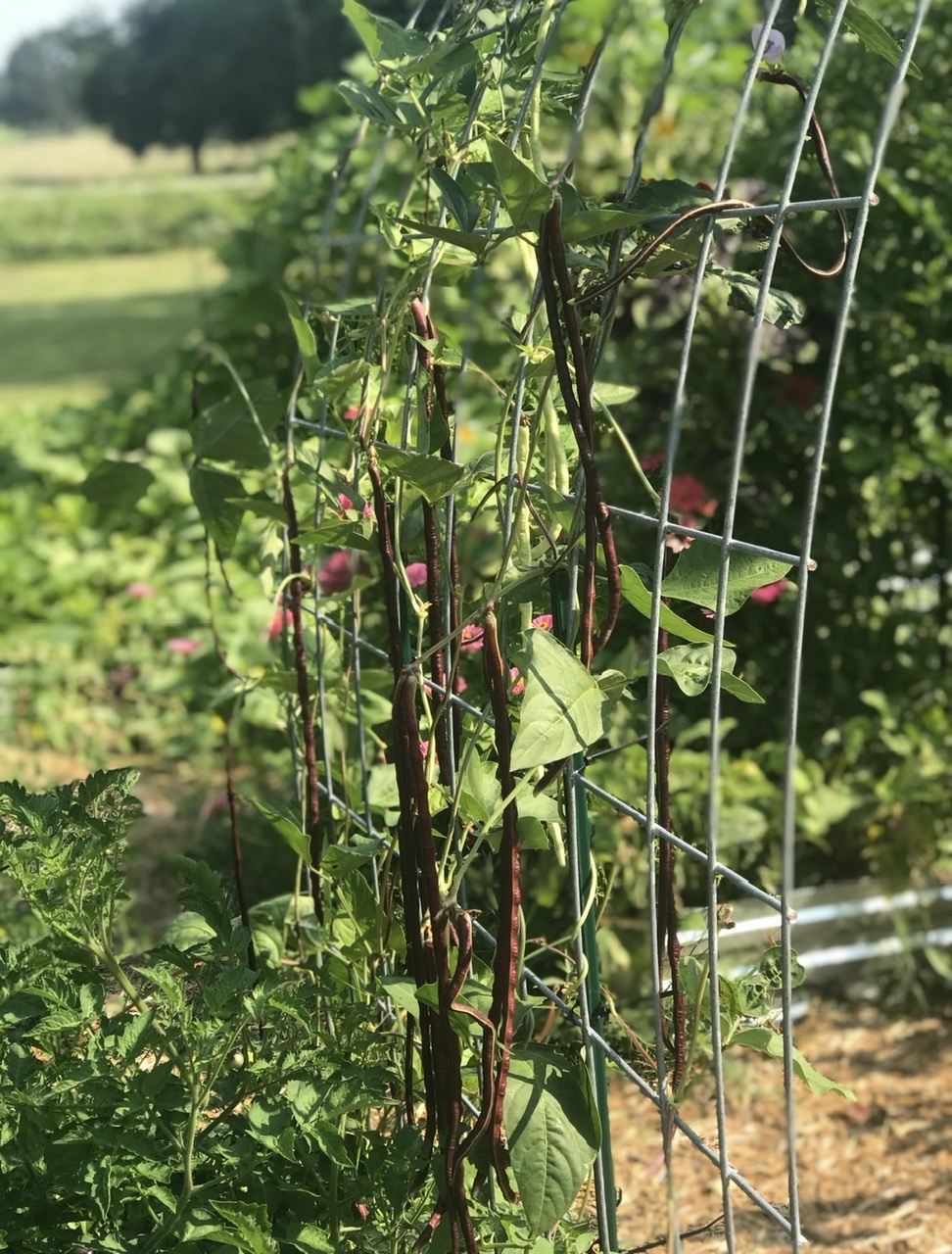
Eventually, I would like to turn my entire front yard into a garden. This will not only require a large amount of time but also a considerable amount of money. This is one of our long term goals. We know we won’t get there for awhile, but it’s on our list.
Long term goals are where you want to end up. You make these knowing that the steps it takes to get aren’t going to happen tomorrow. Most people will make these goals with 5 to 10 years in mind.
These also help you focus on preparation. So, in the meantime, I’m gaining experience with my small garden that will make me more successful with a large one.
Take care of yourself
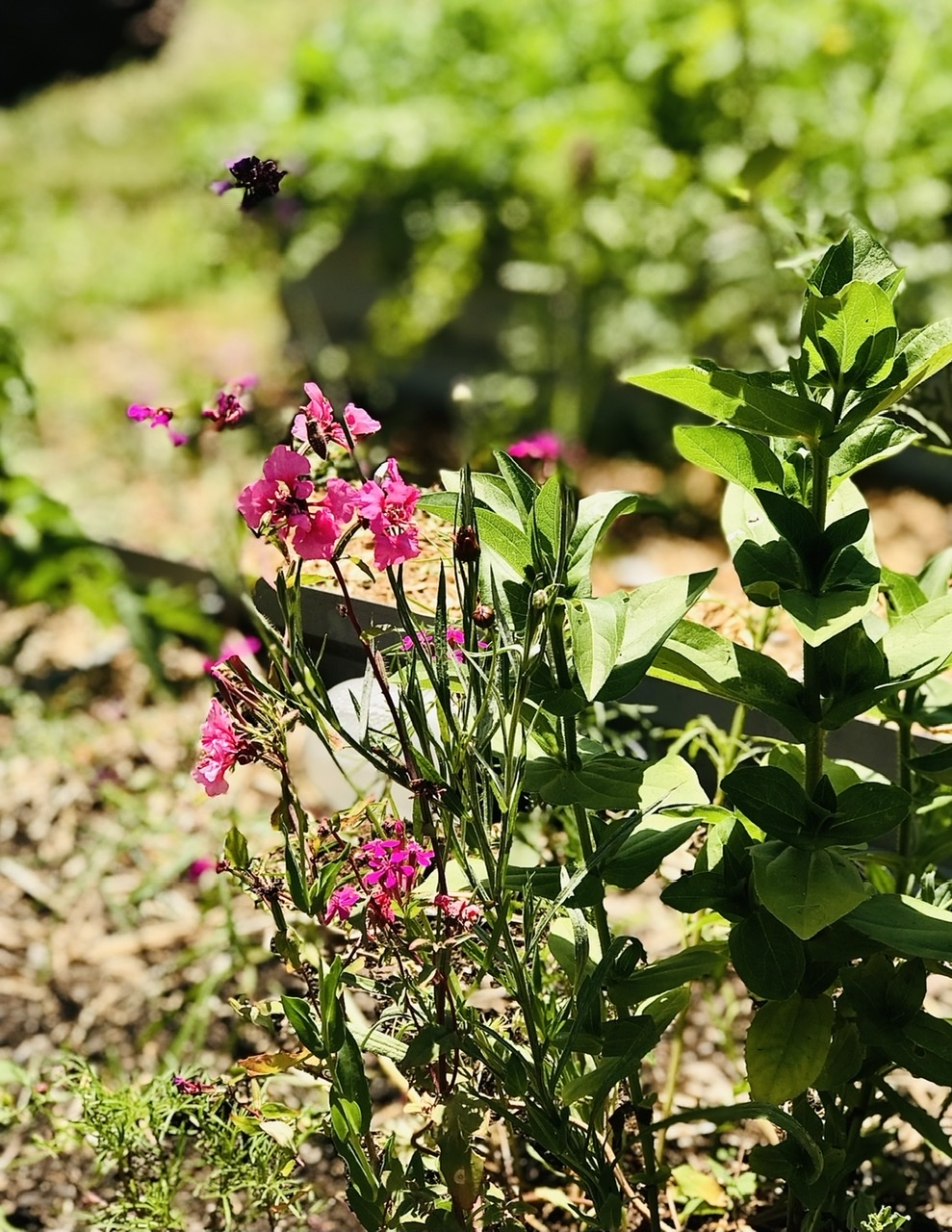
I believe that it is way too easy for most people to put themselves last. When you have a long list of chores, a 9-5, and a family, it’s easy to tell yourself that you’ll catch up on your sleep later. When your busy, you can justify a late night or skipping a meal or two. These practices can turn into a bad habit.
The fact of the matter is, that when you aren’t making time to take care of your basic needs, you aren’t respecting yourself and you are making it easier for burnout to sneak up on you.
Without food, or without rest, you are slowly breaking down your resiliency. It’s important realize why you started a garden. For most people, it is to have a healthier lifestyle. You need to stand firm on what you are trying to achieve. You can’t half-ass a healthy lifestyle by ONLY eating well.
Prioritize
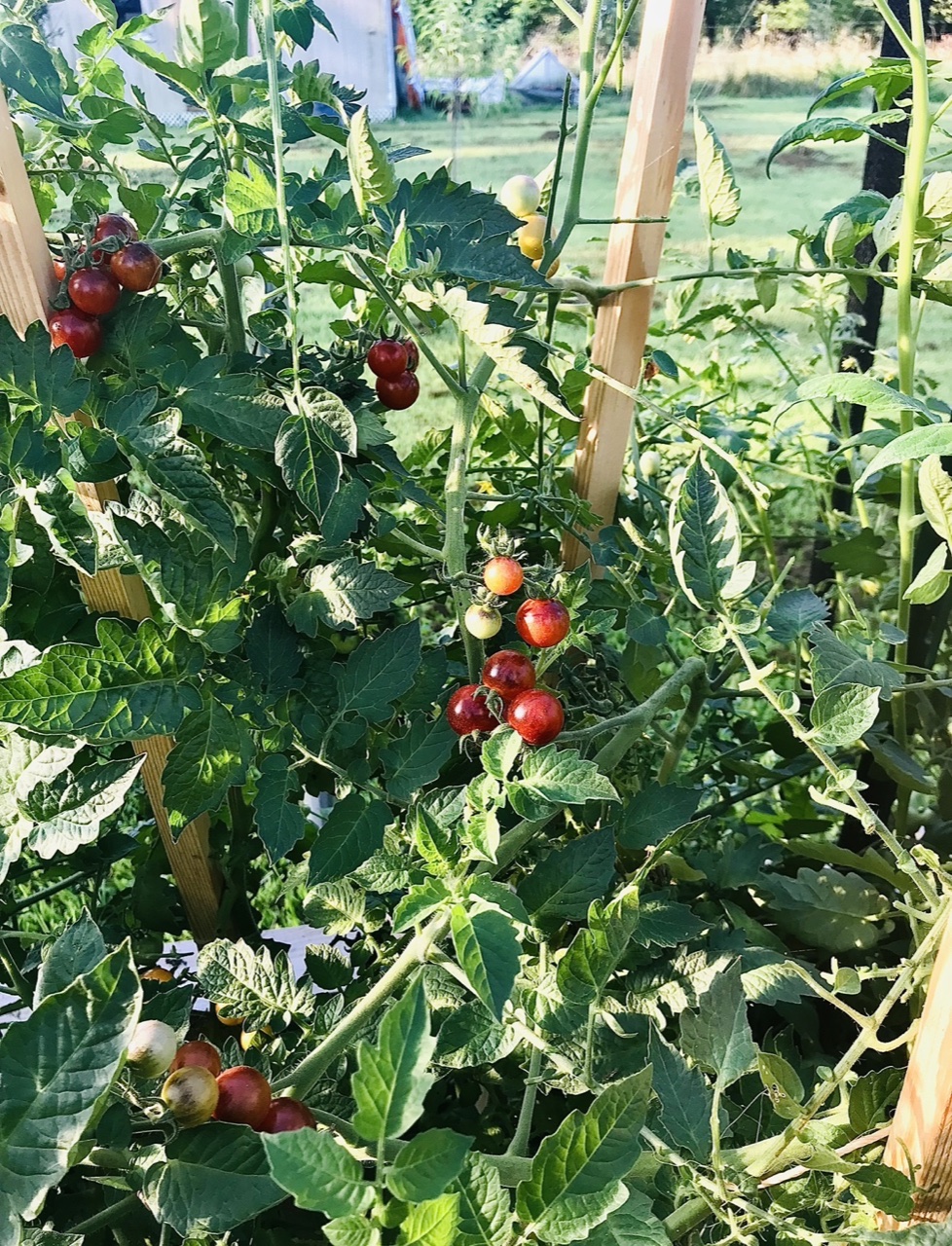
I try to start each day with a list of things I want to accomplish. I label these from 1-10. My goal is always to finish my list.
Does this ever happen? Maybe a handful of times pre-daugther I was able to knock everything out. Now, it is a good day if I can get 5 of the things on my list completed.
The garden is always on my list and, most of the time, I am able to get two or three things done. However, there are always times where I need to cook dinner or take my daughter to one of her classes and I simply don’t have time to weed or water.
I don’t beat myself up when this happens. Instead, it gets bumped to the top of my list for tomorrow.
Take a break if you need to
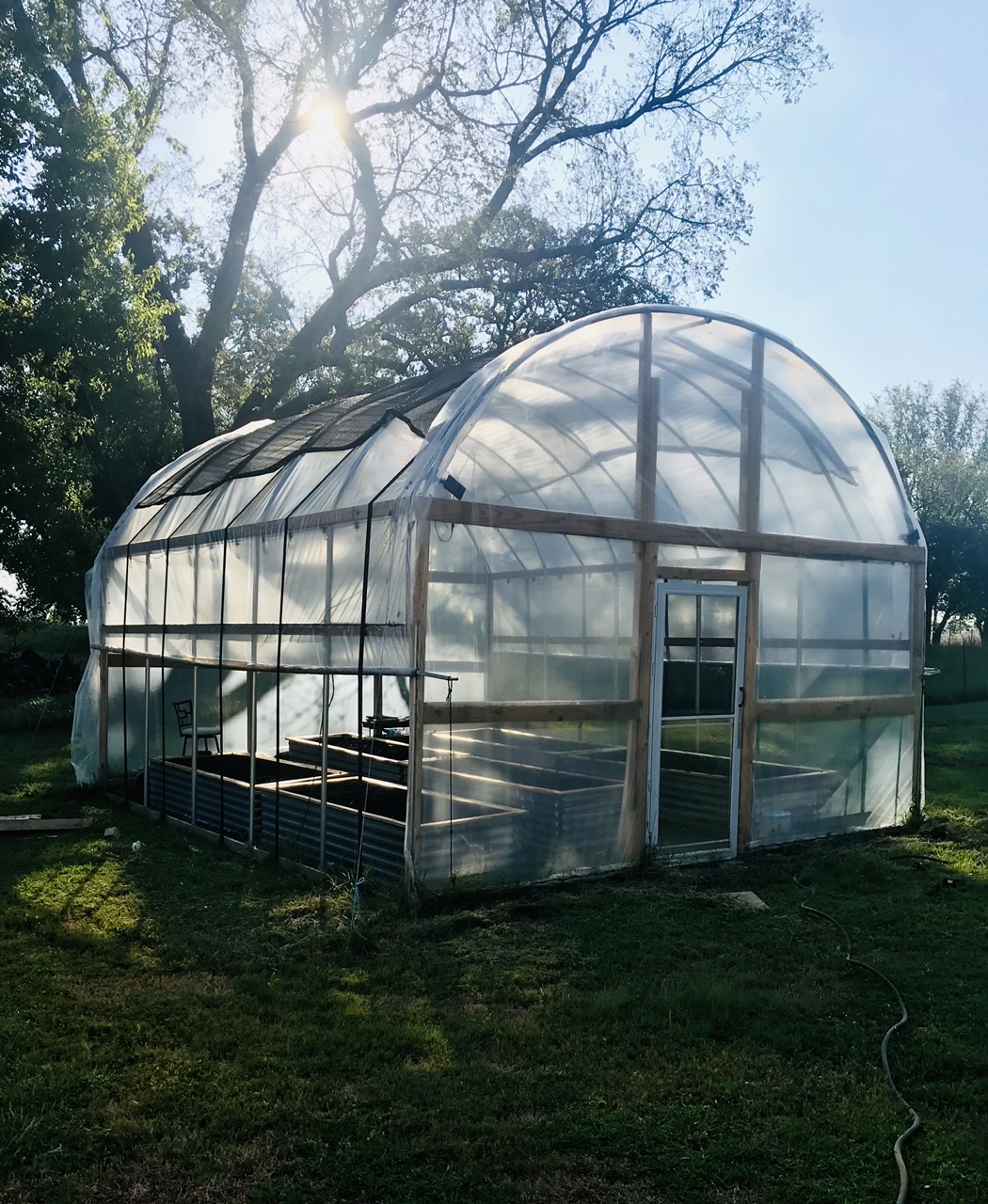
Your garden should not a trial. If you feel overwhelmed and hopeless that you will ever get the hang of it, it’s time to take a break.
A natural time to take a breath is during the fall. While many people love and can’t imagine not having a fall garden, most people have put up enough of their harvest by then to subsist without one.
If the summer months felt like hell, there’s no shame in putting up your gardening gear and letting your chickens clean up your beds. Everyone needs time to rest and recharge. You should never feel ashamed for taking that time.
0


